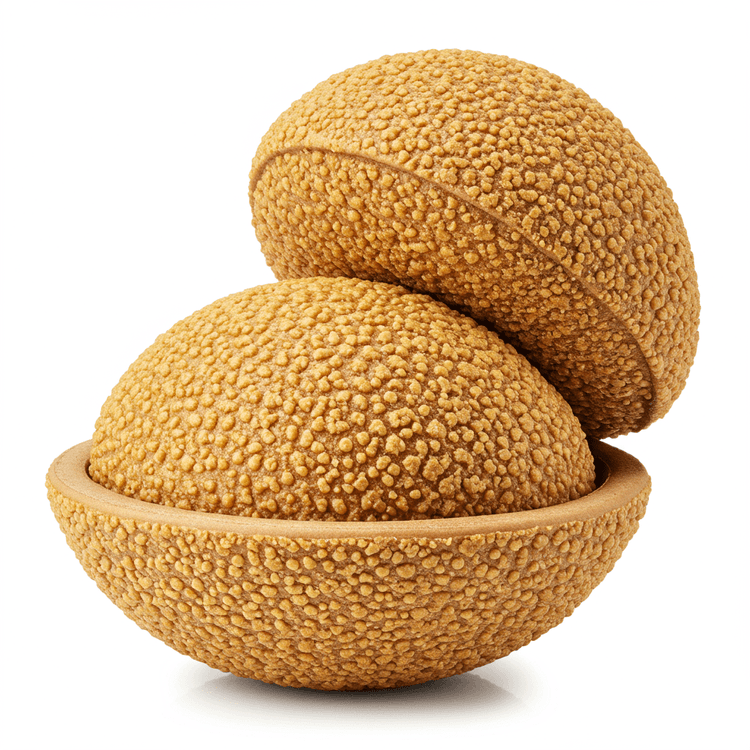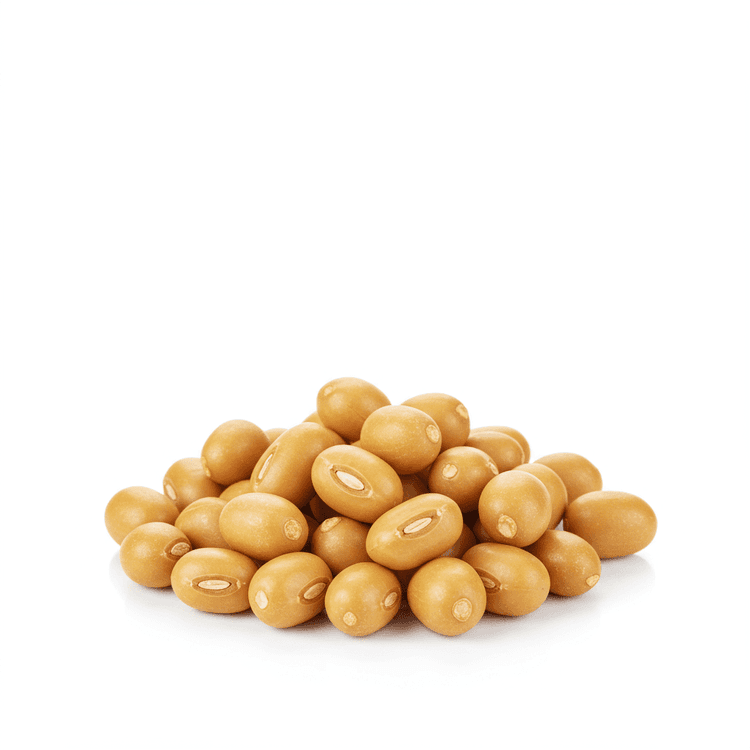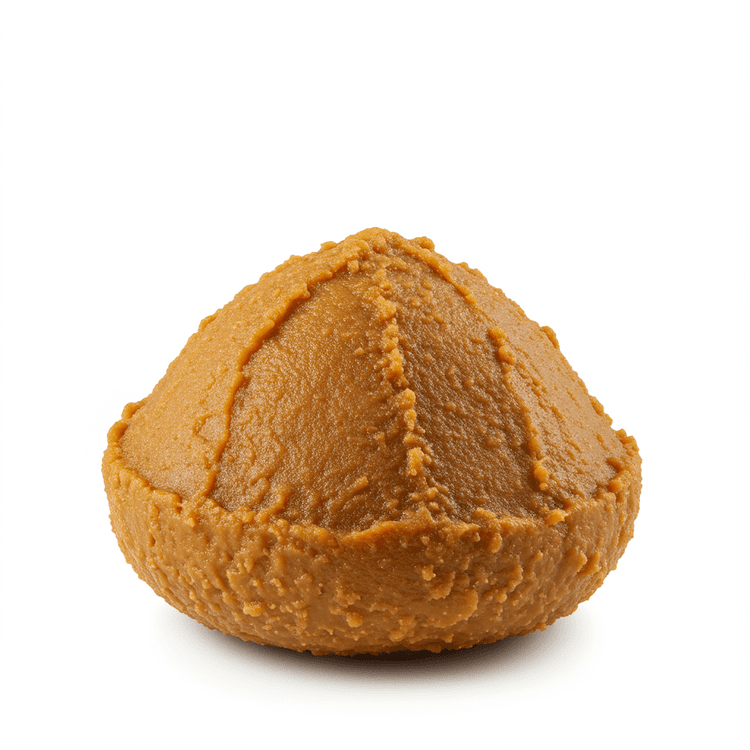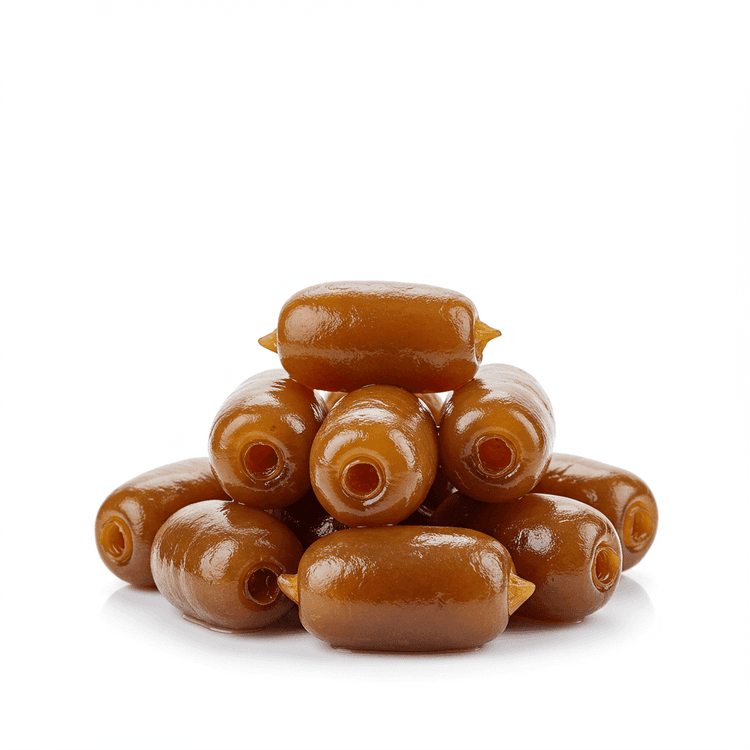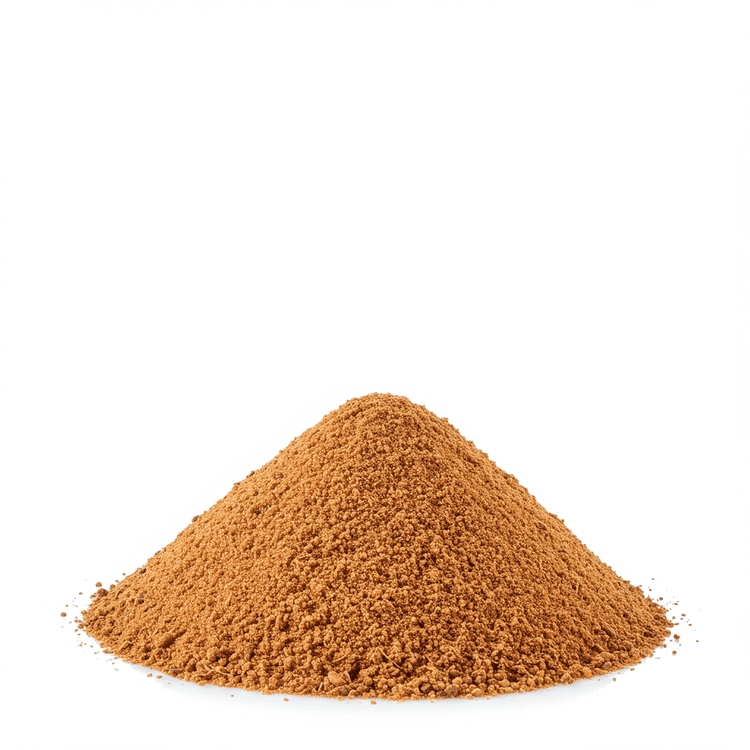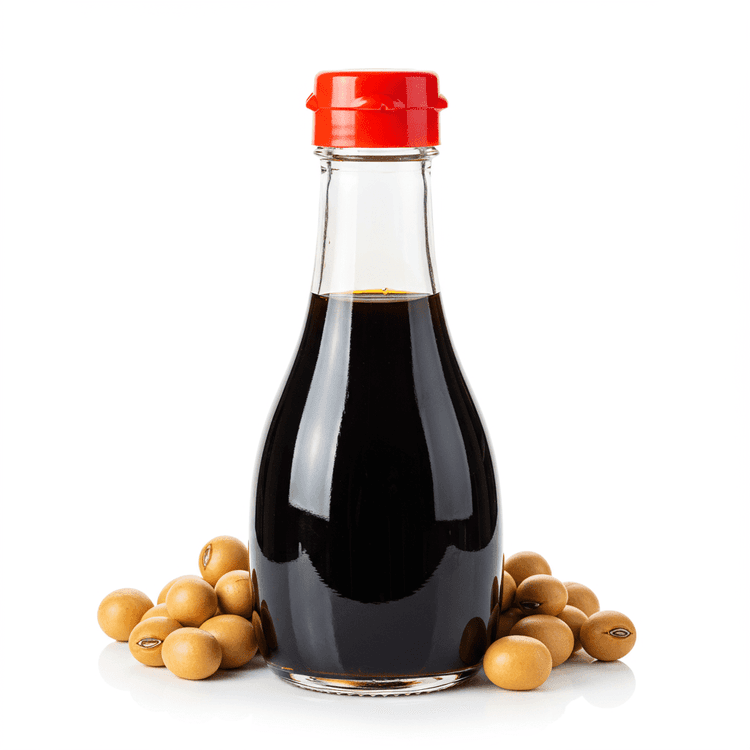
Soy Sauce
Soy sauce is a dark, savory liquid condiment made from fermented soybeans, wheat, salt, and water. Known for its umami-rich flavor, it has a salty, slightly sweet, and tangy taste with a smooth, thin texture. Its deep brown color and complex flavor profile make it a staple in Asian cuisine and a versatile ingredient for marinades, stir-fries, dipping sauces, and more. Soy sauce is available in various types, such as light, dark, and low-sodium, catering to different culinary needs and preferences.
Common Uses
- Use soy sauce as a base for marinades to tenderize and flavor meats, tofu, or vegetables before grilling, roasting, or stir-frying.
- Add soy sauce to stir-fries for a savory depth of flavor that complements vegetables, noodles, and proteins like chicken, beef, or shrimp.
- Mix soy sauce with other ingredients like sesame oil, garlic, and ginger to create a flavorful dipping sauce for dumplings, sushi, or spring rolls.
- Incorporate soy sauce into soups and broths, such as miso soup or ramen, to enhance the umami taste and add a rich, savory note.
- Drizzle soy sauce over steamed rice or noodles for a quick and easy flavor boost, or use it as a seasoning for fried rice dishes.
- Combine soy sauce with honey or brown sugar to make a glaze for roasted or grilled dishes, such as salmon, chicken wings, or vegetables.
Nutrition (per serving)
Nutrition (per serving)
Calories
53.0kcal (2.65%)
Protein
8.0g (16%)
Carbs
4.9g (1.78%)
Sugars
0.4g (0.8%)
Healthy Fat
0.0g
Unhealthy Fat
0.0g
% Daily Value based on a 2000 calorie diet
Nutrition (per serving)
Calories
53.0kcal (2.65%)
Protein
8.0g (16%)
Carbs
4.9g (1.78%)
Sugars
0.4g (0.8%)
Healthy Fat
0.0g
Unhealthy Fat
0.0g
% Daily Value based on a 2000 calorie diet
Health Benefits
- Adds a rich umami flavor to dishes, enhancing the taste of soups, stir-fries, marinades, and dressings.
- Contains small amounts of protein and essential amino acids, contributing to a balanced diet.
- Low-calorie seasoning option compared to many creamy or sugary condiments.
- Available in reduced-sodium varieties, making it a versatile choice for those monitoring salt intake.
- Fermented soy sauce may contain beneficial compounds that support gut health.
- Suitable for vegan and vegetarian diets as a plant-based flavor enhancer.
Chefadora AI is here.
Experience smarter, stress-free cooking.
Storage Tips
Store soy sauce in a cool, dark place, such as a pantry, to maintain its flavor and quality. Once opened, it is best to refrigerate the bottle to extend its shelf life and preserve its freshness. Ensure the cap is tightly sealed after each use to prevent oxidation and contamination. Properly stored, soy sauce can last for months or even years without significant loss of flavor.
